For as long as I can remember, I've struggled with sleeping "normally."
Even as a little kid, I would become restless when bedtime rolled around. When I would eventually fall asleep, I never felt as though I achieved a restful, deep sleep. All of the traditional solutions — counting sheep, a glass of warm milk, even "deep breathing" — failed to help me sleep better. Chalking it up to just not being a morning person, I've dealt with the near-constant fatigue and fogginess associated with my wacky sleeping for my entire life.
Then, it got worse.
Earlier this year, when I was working remotely and on a flexible schedule, my sleep schedule quickly spiraled out of control. At my worst point, I was falling asleep after the sun came up and forcing myself out of bed around 1:00 p.m.
Furiously googling "how to change your sleep schedule" in the midst of yet another bout of insomnia, I came across the concepts of polyphasic sleep and biphasic sleep.
I'd heard before that some people follow different sleep cycles that don't rely on just one long nighttime sleep. One of the most common alternative sleep cycles I kept coming across was segmented sleep, or a so-called "second sleep" per day. But I never thought it was something I could really try — until now, when I decided to give it a go for this experiment. Because why not?
Scroll through to see how I fared on this strange, segmented sleep schedule!
Thumbnail Photos: Caralynn Lippo for LittleThings
Why Monophasic Sleep Might Not Be Right For You
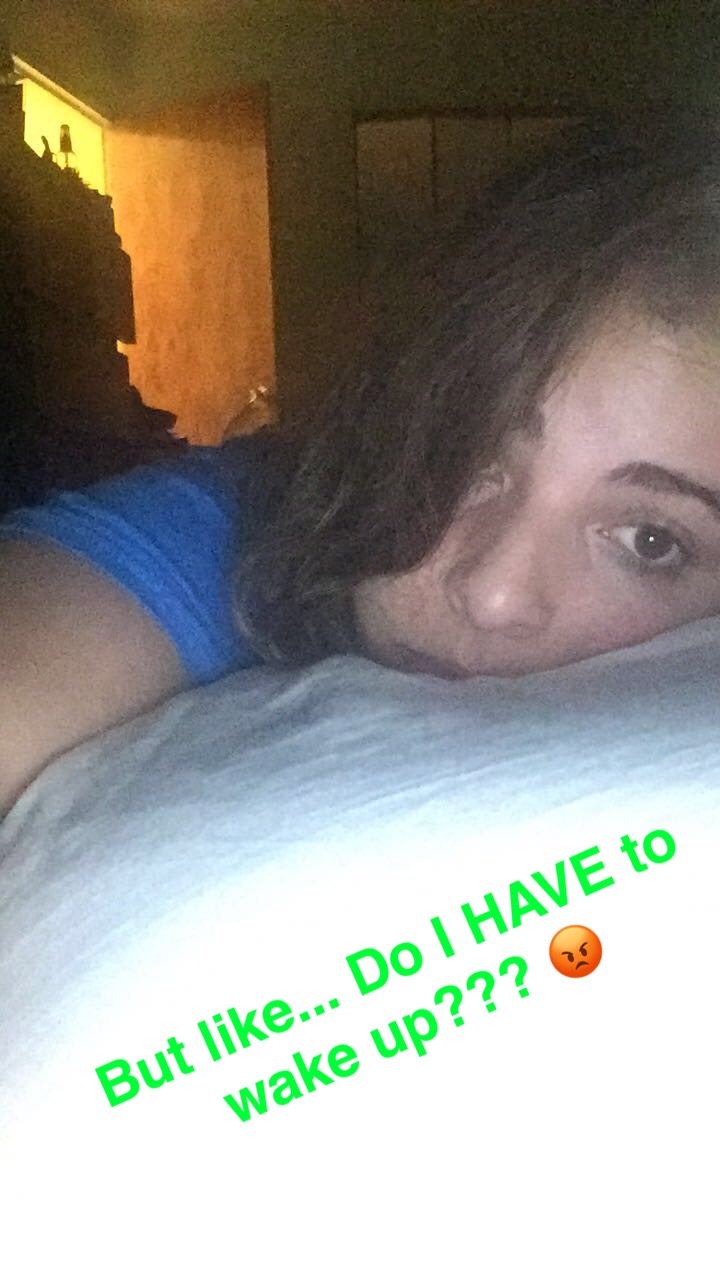
Monophasic sleep, according to Psychology Today, is defined as one block of continuous, nightly rest for around eight hours.
Eight hours is the average amount of time that experts generally say the typical person ought to sleep each and every day (though some people naturally function on less or require more).
It can be hard to pinpoint a reason for feeling fatigued after a restless night's sleep. There are so many factors that can cause fatigue or insomnia.
For me, it was useful to rule out other potential causes (a process of elimination) before I decided to abandon ship with monophasic sleep. I went for a physical to determine that there was nothing wrong with me that could be causing my fatigue and inability to rest soundly. I also went to a clinic for a sleep test to confirm that I don't suffer from sleep apnea.
What Is Polyphasic Sleep?
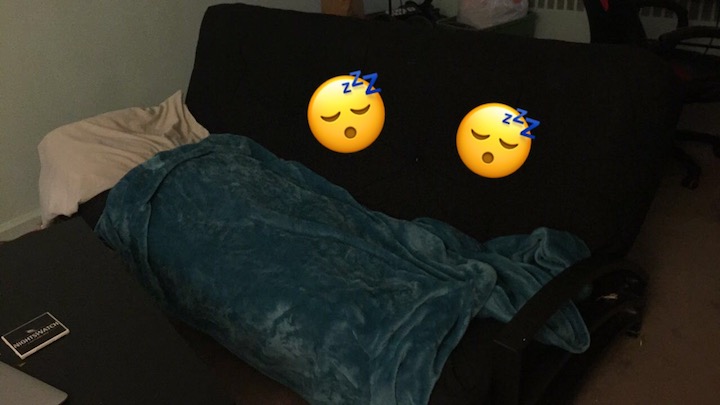
As the prefix poly- indicates, polyphasic sleep is essentially the opposite of monophasic sleep.
As opposed to sleeping once per day (usually between seven to nine hours), as you do with monophasic sleep, polyphasic sleep is any schedule associated with multiple, staggered sleep sessions.
Fun fact: Dogs are naturally polyphasic sleepers, taking a bunch of smaller naps throughout the day and night. You've probably noticed your dog getting up to move around during the night.
My puppy Hobbes was very pleased with my segmented sleep experiment — mostly because he thought me waking up at 2:00 a.m. meant it was "morning" (aka, playtime) five hours earlier than normal.

(Sorry, Hobbes, but it ain't happening.)
Polyphasic sleep is an umbrella term under which there are many variations. The Polyphasic Society lists a variety of the most common alternative sleep schedules. Most of these alternative sleep cycles effectively reduce the amount of time you sleep in a given day, but ideally help you feel just as rested (if not more rested).
Siesta sleep is a form of biphasic (two-phase) sleep, where you sleep for a slightly shorter amount of time at night (five to six hours) and then take a 20 to 90 minute nap in the early afternoon. Triphasic sleep, as the name suggests, is sleeping for three separate, small sleeps throughout the day.
There are also scarier, more intense sleep practices, like the everyman sleep (a "core" nighttime sleep of around three and a half hours, followed by several short naps throughout the day) and the uberman sleep (literally just taking a bunch of short, 20-or-so minute naps at regular intervals throughout the day and night).
What Is Segmented Sleep, And How Does It Work?
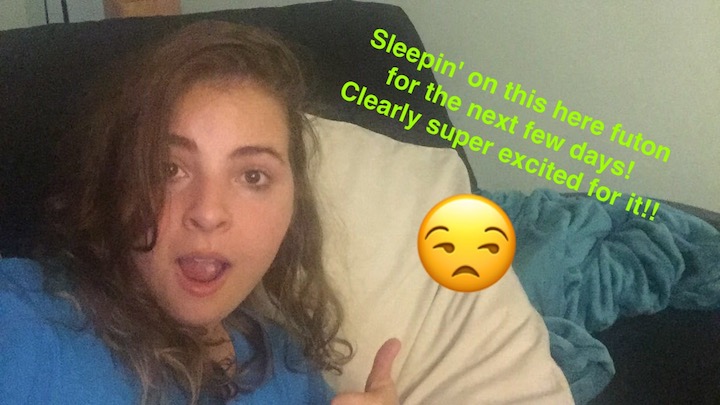
The Polyphasic Society calls segmented sleep (or biphasic sleep) the "most natural sleeping pattern, according to common scientific literature."
The listed benefits also made it seem like a no-brainer to try out:
It consists of two sleeps, both at night time, first going to sleep at dusk, and secondly waking at dawn, synchronized with the local lighting patterns, sunrise and sunset.
If a person changes their sleep from monophasic sleep to segmented, then after some acclimatization they will experience a change in hormone regulation, energy metabolism and a profound mental clarity throughout the day, and the middle of the night.
A Segmented Sleeper typically sleeps between 6 and 8 hours a day.
Historian Roger Ekirch published a paper in 2001 revealing historical evidence that humans once slept in two distinct chunks, with a period of in-between wakefulness. Major historical figures, such as Homer, Chaucer, Jane Austen, Charles Dickens, and Leo Tolstoy all made reference to a first and second sleep.
How To Change To A Segmented Sleep Schedule

Ideally, you're supposed to start your "first sleep" relatively early — shortly after dusk.
For me, that would involve pushing my bedtime up by several hours, as I typically fall asleep sometime between 11:00 p.m. and 12:00 a.m.
Obviously, this isn't easy for working professionals with long commutes home, such as myself. I'll often not even get home from work until somewhere between 7:30 and 8:30 p.m. And if you had plans for doing really anything at all besides cooking a quick dinner and going straight to bed, well, as a biphasic sleeper, you can pretty much forget that.
For me, coffee was really helpful during the initial two or three days I was adjusting. Yay, coffee!
My Experience On A Segmented Sleep Schedule
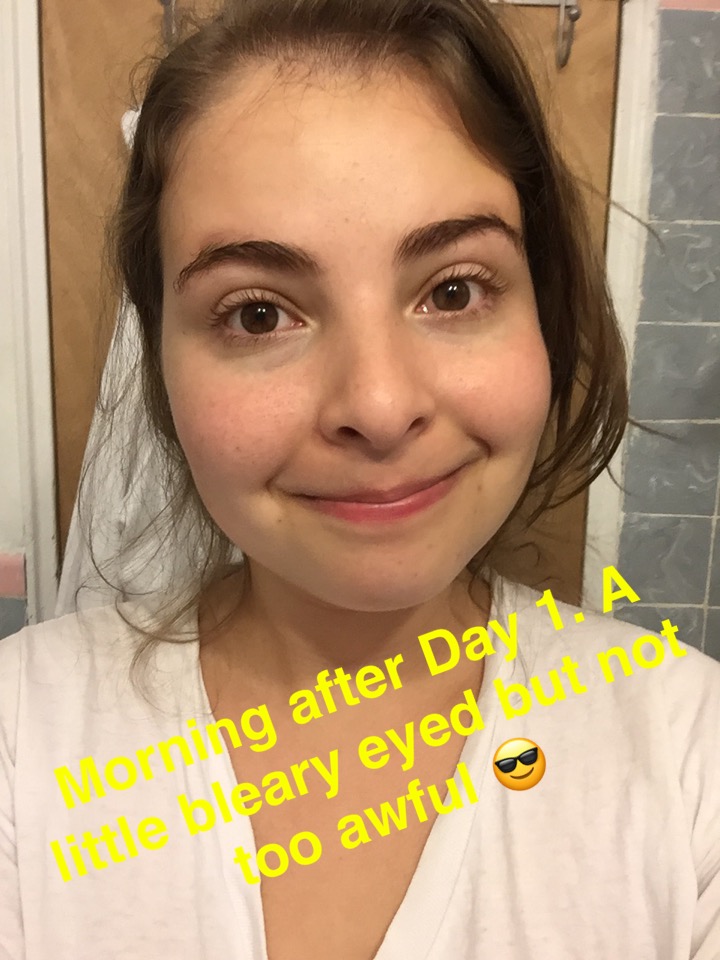
My first few days on a segmented sleep schedule went fairly smoothly, but I'd be lying if I said it felt natural to wake up in the dark of the night when everybody else was asleep.
I also couldn't really do much of anything during my middle-of-the-night wakefulness, because any artificial light disrupts your circadian rhythm sleep/wake cycle and makes you think it's day. I did a lot of reading, meditating, and writing by hand to pass the time.
Generally, I went to sleep at around 10:00 p.m. every night for my "first sleep," because that was the earliest I could manage. I woke up at roughly 2:00 a.m. each night, was back to sleep by about 3:30 a.m., and up again for work at around 7:00 or 7:30 a.m.
Of course, that's how it "generally" was supposed to go. And while I did manage to pull that off for the first three days, things quickly went downhill.

On Night 3, I had some freelance work that needed to get done, so my 10:00 p.m. bedtime got pushed back significantly. I finally made it to bed at around 11:45 p.m. and just figured that I would shorten my middle-of-the-night "wakefulness" session to go back to sleep earlier.
That didn't work out. Of course, my dog chose this of all nights to decide that he really, really had to go to the bathroom. Then, he wouldn't settle down once we got back from a very quick, very creepy 2:45 a.m. walk around the block.
I ended up staying awake until about 4:00 a.m., which was way too late.

My Night 3 snafu led to my fiancé gently "suggesting" that I spend the rest of my experiment week sleeping on our living room futon couch. He's a really light sleeper, and I felt bad that I'd accidentally woke him up three nights in a row without realizing.
It was especially bad because he has to get up even earlier than me to get to work.
Alas, the futon couch was not comfortable at all. Nights 4 through 7, my sleep got progressively worse and worse.

While waking up after Nights 1 through 3 wasn't any harder than waking up normally, it got worse as the week went on.
Night 4 was by far the worst. I was so out of it at 2:00 a.m. that I accidentally turned off both that alarm and my normal 7:00 a.m. alarm for work.
By the time I woke up for real in the morning, sans alarm, it was 8:30 a.m. and I was extremely late to work. Thankfully, everyone understood that it was all in the name of segmented sleep.
Segmented Sleep Review
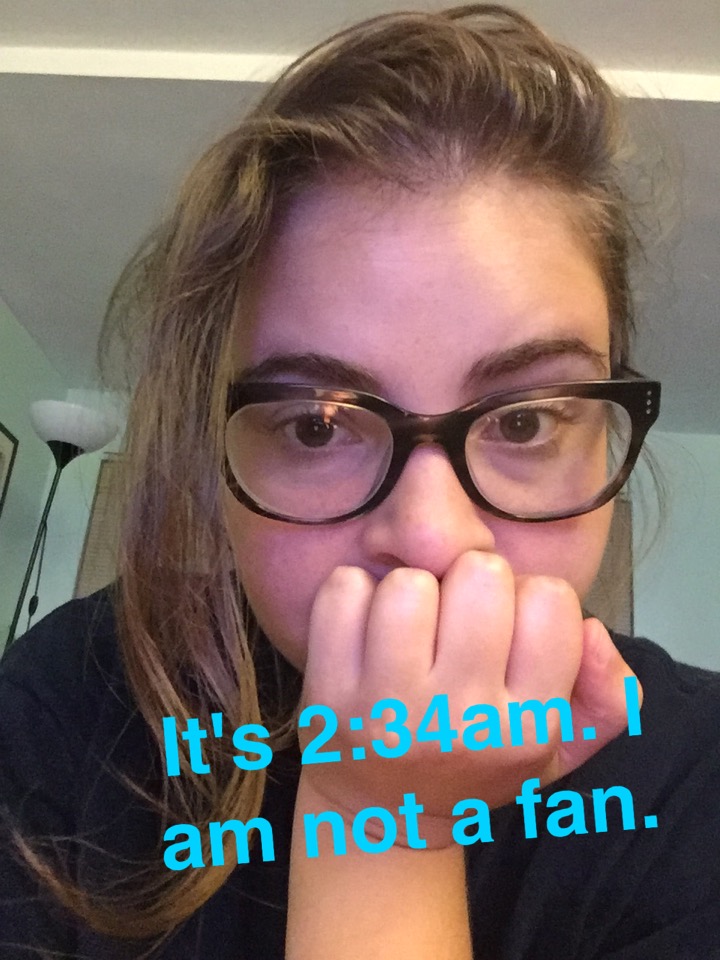
Was it better than monophasic sleep? At best, it was equally as bad for me. At worst, it was even worse than restlessly sleeping in one chunk.
Will I continue to stay on this schedule? Absolutely not. I think the major problem I had with biphasic/segmented sleep is that I'm totally incapable of going to sleep right after dusk. My work-life schedule just doesn't allow it. Maybe if I had a shorter workday, or less of a commute, it would be doable. But going to sleep for the first "shift" at 10:00 p.m. was already too late.
Would I try other sleep schedules? I'm intrigued by the everyman and uberman sleep schedules, but any sleep schedule requiring one or more mid-day naps isn't even remotely possible while working in an office full-time. Unless I worked in an office that had a nap room. So: probably not.
Would I recommend segmented sleep? Again, this definitely seems like something that would work if you have the ability to go to sleep really early to begin with. Also, 2:00 a.m. felt like a bad choice for a wake-up time, but it was the only one I could do with my manageable bedtime.
If you plan on trying out segmented sleep yourself or want to recommend it to a friend, don't forget to SHARE this story on Facebook!




